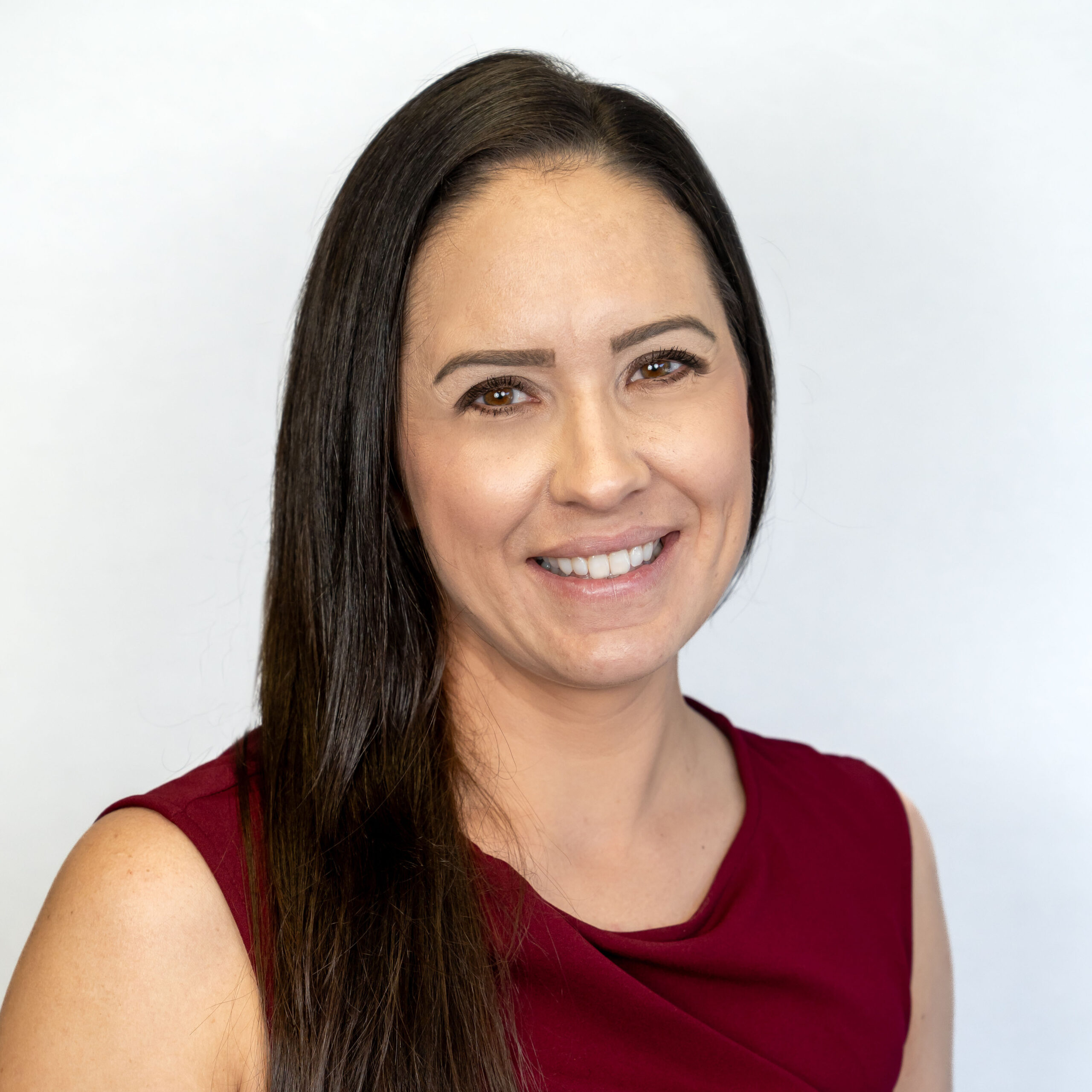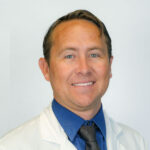Top Care Tips Every New Mom Should Know

Learning to Care for a Baby
You have a new baby? Congratulations! You are at the start of a wonderful adventure. As with any new adventure, though, it helps to be prepared! Here, we offer some advice for new parents to help you learn how to take care of a baby as you become a family.
What is newborn baby care?
Taking care of babies may seem simple enough until you are faced with a newborn of your own. It is likely, however, that this new little person has turned your life upside down. The primary things to do with a newborn are feeding, changing, and getting the baby to sleep, but you may be surprised at how much of your life these simple things consume.
How Do I Get Help After My Baby Comes Home?
As you try to figure out what to do with a newborn, it is wise to have help. Friends and family will typically be eager to help you, and you should accept their offers, even if you don’t agree on every point of childrearing. Make sure anyone who will be handling your baby is up to date on their vaccines, and only come to help when they are feeling well. Allowing others to help you take care of your baby, make some meals, and tend to your house will give you a little bit of time and space to adjust and practice some self-care. But while you should not turn down help, you should also not feel obligated to be sociable, entertaining every guest who wants to drop by. This is an important time, in which you and your baby are getting used to each other and settling in.
How to Handle Baby
Especially if you do not have much experience with newborns, they may seem like a delicate puzzle, almost too fragile to handle. Don’t worry! Your baby will thrive with a gentle touch, as you lovingly hold and play with your new little one. Make sure to wash your hands or use hand sanitizer any time you are handling a tiny baby, because newborns don’t yet have strong immune systems. The handwashing rule should apply to anyone who touches the baby. As you hold your little one, support the baby’s head and neck, especially when carrying the baby upright or laying him or her down to sleep. New babies should not be treated roughly, jiggled on the knee, thrown into the air, or shaken. These harsh movements can cause a brain bleed or even death. Keep your baby fastened securely any time you are using a carrier, stroller, or car seat, to keep the ride from being too rough or bouncy.
How Can I Bond With My Baby?
During the first hours and days after birth, parents form a deep connection with their children. This can be fostered through physical closeness, so cradle and gently stroke your baby. You may also want to try skin-to-skin contact, holding your newborn against your own chest so that your little one can be calmed and soothed. This also helps regulate a new baby’s heartbeat. Moms and dads can do this, but make sure to avoid wearing scented perfumes or lotions, or smoking before you hold your baby. As you sit quietly in a dimly lit room, hold your baby, wearing just a diaper, against your bare chest. You can sit quietly or talk, hum, or sing, and your baby may fall asleep. Babies are often soothed by gentle touch or the sounds of a loving adult voice.
Baby Care Tips For Nursing and Feeding Your Baby
Newborns should typically be fed on demand, whether you are nursing or bottle feeding. Newborn babies usually get hungry about every two to three hours, and your little one may demonstrate this hunger by making sucking noises, sucking on fingers, or crying. If your baby seems satisfied after eating, has about six wet diapers each day, poops several times a day, sleeps well, and is gaining weight, you can assume he or she is getting enough to eat. If you have any concerns about how much or how often your baby should be eating, or if you are concerned about your baby’s growth, it is important to talk to your pediatrician, to get expert advice.
Finding a Pediatrician in the Brevard County Area
Some of the best advice for new parents is the recommendation to find a caring, competent pediatrician. Your pediatrician will be your go-to source of advice and assistance for many years, and it is a boon to have one that you and your baby can connect with and feel comfortable seeing. If you need a pediatrician for your new baby and you live near the Brevard County area, Brevard Health Alliance, Inc. is here for you. Brevard County’s only Federally Qualified Health Center, BHA offers extensive health care services on a sliding-fee scale, so that we can treat residents regardless of their ability to pay. We’re committed to providing an extraordinary quality of care for our patients in order to improve the health status of Brevard County. Our focus is on continually improving the quality and efficiency of our care, and on ensuring that every patient we serve is heard, encouraged, and respected. As your family healthcare provider, we strive to provide not just acute care but also preventive care and healthcare-related education. Our board-certified physicians, advanced practice nurse practitioners, and physician assistants provide primary care that includes well-child checkups, well-woman care, and physicals, along with chronic disease management. In fact, since 2005 we’ve provided not only primary care services, but also behavioral health services, dental services, diagnostic services, resource management services, pharmacy services, women’s health care and obstetrics, Hepatitis C and HIV services, extended hours pediatric walk-in care, and specialty referrals. For more information, to find a location, or to make an appointment, contact us through our website.


















































































































































